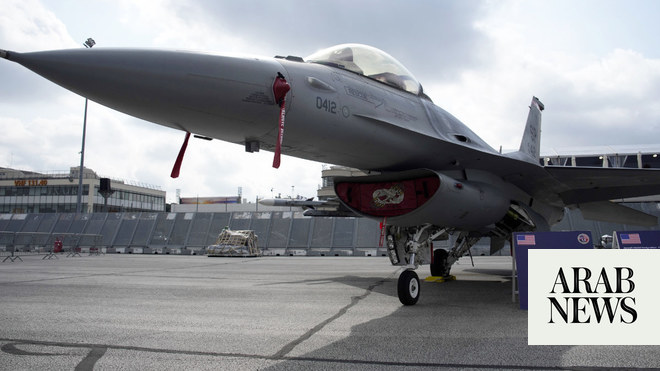
A senior US State Department official revealed on Monday that his country was seeking to build an alliance with its partners to protect shipping lanes in the Arabian Gulf after repeated attacks against oil tankers, with Washington pointing fingers at Tehran.
The senior US official told reporters en route to Abu Dhabi that the US Navy was building a “Sentinel” program for “proactive deterrence”.
He said a coalition of nations would provide both material and financial contributions, but did not name the countries.
A second US official, also speaking on condition of anonymity, told Reuters that the plan aimed to see US partners providing the majority of ships that would be positioned in intervals in the Gulf of Oman or the Strait of Hormuz, keeping watch.
“It’s not in operation (yet) but it’s something we’re looking at with our partners,” the official said, describing the concept.
The US official said the deterrents include cameras, binoculars and ships, including from the United States.
“There will be military ships from foreign countries, from a broad coalition of countries who participate in this. I don’t think they’re escorting. I think they’re observing,” the US official said.
US Secretary of State Mike Pompeo held talks Monday with leaders in Saudi Arabia and the United Arab Emirates about countering the military threat from Iran by building a broad, global coalition that includes Asian and European countries.
On Monday, Trump tweeted that China and Japan depend on the security of the Arabian Gulf waterways for the bulk of their oil imports, and he asked why the US is protecting the shipping lanes for other countries "for zero compensation."
"All of these countries should be protecting their own ships on what has always been a dangerous journey." He said Washington does not "even need to be there" because it produces much of its own energy needs.
Brian Hook, the US special envoy for Iran, said one option could be to "enhance" an existing multinational maritime force of about 30 countries that currently fights drug and arms smuggling in the region.
Alternatively, he said allied nations with commercial interests in the oil-rich region could launch an all-new maritime security initiative.
Another option could be military ships patrolling the Gulf waters and equipped with surveillance equipment to keep watch on Iran.
The narrow Strait of Hormuz, which lies between Iran and Oman and opens to the Arabian Gulf, is paramount for Asian oil importers. An estimated 18 million to 20 million barrels of oil — much of it crude — pass through the strait every day.
Relations between Iran and the United States have deteriorated since Trump withdrew Washington a year ago from a 2015 accord that curbed Tehran’s nuclear program in exchange for easing sanctions.
Tensions have flared following the tankers attacks, Iran’s downing of the drone last week, and repeated attacks on Saudi airports and oil installations by Yemen’s Iran-aligned Houthi militias.












